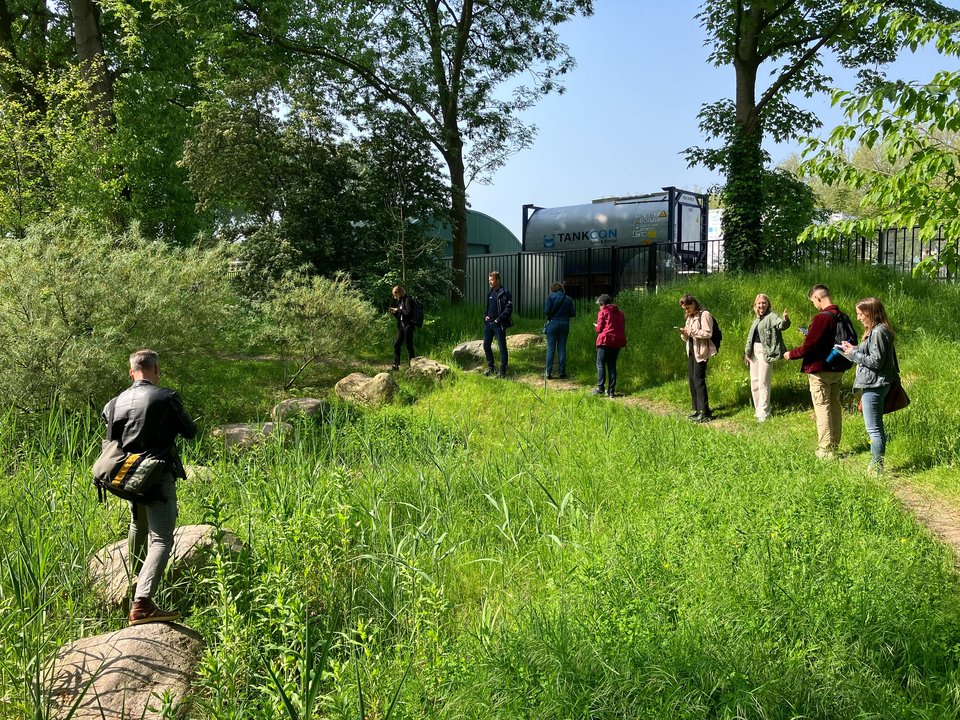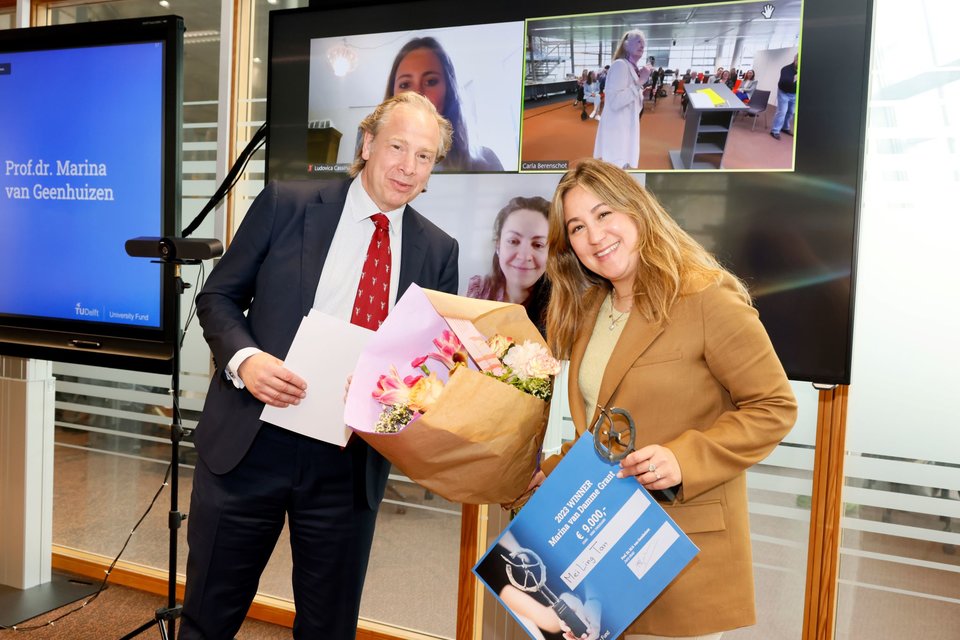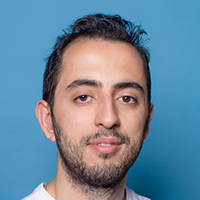FAQ
Admission I would like to pursue a PhD position at the AE faculty, how do I go about this? Thank you for taking an interest in our faculty and the research we perform! At the Faculty Graduate School of Aerospace Engineering, we are not involved in the selection and hiring of new PhD candidates - this takes place within the different research groups. Please take a look at and monitor our current vacancies here . Very limited direct funding is available and almost all vacancies depend on the availability of grants and/or sponsorship of partner companies. What are the English language requirements for a PhD candidate? Doing a PhD at TU Delft requires English proficiency at a certain level to ensure that the candidate is able to communicate and interact well, participate in English-taught Doctoral Education courses, and write scientific articles and a final thesis. Please find more information about the English language requirements on our Admission page . Doctoral Education How do I provide evidence for my Learning on-the-Job tasks in DMA? Claiming credits for the Learning on-the-Job activities can be done by providing proof that you have completed the activity. You can provide proof through documents that offer evidence that you have fulfilled the task. For instance, for a conference paper publication you could upload the paper to DMA, for a poster presentation you could upload your poster, for ‘Addressing a major international audience’ you could upload your conference presentation or the conference programme with your name listed, and for ‘Writing the first article’ you could upload the entire article. So, for many of the tasks there are ways to prove you have completed them. If you are unsure how to provide evidence for specific tasks, you can always check with us via Graduateschool-ae@tudelft.nl Where can I find courses for my Discipline-related skills? Your supervisors might have suggestions for courses you can follow within a given Discipline-related category. Furthermore, you can find some suggestions for discipline-related courses on this page . At the moment, there are no restrictions on following online courses, but please take into account the guidelines for following online courses and MOOCs. How do I apply for (a partial) exemption of the DE programme? At the AE Graduate School, we encourage all PhD candidates to follow doctoral education, as it is an invaluable part of the doctoral journey and a great way to strengthen a range of skills. In some cases, you might have completed doctoral level coursework prior to your PhD. If you and your supervisor agree that you have valid reasons for an exemption or full dispensation, file your request as soon as possible, but no later than 4 months after the date that you started your PhD at TU Delft. You can read more about the procedure on this intranet page . What is a DE check and when do I need this? After you have obtained at least 45 GS credits in total and at least 15 GS credits per category in your Doctoral Education program, send an email to the AE Graduateschool via graduateschool-ae@tudelft.nl to ask for a Doctoral Education check. During the Doctoral Education check, the AE Graduate School checks whether you meet all the requirements (please read carefully the document ‘Requirements, Conditions and Costs’ on this page ). Only after you meet all the requirements of the Graduate School and the Doctoral Education program has been approved, you can continue with the preparations for your doctoral defence. I am taking an external course, is there a budget for this? The Faculty Graduate School does not have a budget for external courses, but there is some funding available at the departmental level. Please contact your supervisors to see if (part of) the costs can be reimbursed. DMA I have a problem with DMA, who do I contact? Please check the DMA manual to see if it reports an answer to your problem. If not, please contact us at Graduateschool-ae@tudelft.nl Two factor authentication doesn’t work for me, what do I do? You need to give your mobile number to the secretary of your department. If you do not know who this is, please contact us at Graduateschool-ae@tudelft.nl Give the name and mail address of the secretary to the Service Desk of your faculty (the secretary will know how to contact the Service Desk) The Service Desk will check your mobile number with the secretary of the department and s/he has to confirm this and also confirm that you are working at the department The Service Desk will make sure that the 2 factor authentication will be organised and you can access DMA Faculty Graduate School / University Graduate School What is the difference between the Faculty Graduate School (FGS) and the University Graduate School (UGS) and when do I contact the FGS/UGS? The University Graduate School is responsible for setting university-wide doctoral policies. The UGS is also involved with centralized processes including the intake meeting and the management of the PhD defences. The AE Faculty Graduate School supports Aerospace Engineering PhD candidates throughout their doctoral journey. The FGS is responsible for implementing university-wide policies at faculty-level, as well as helping with the doctoral administration of the AE PhD candidates. AE Faculty Graduate School ( graduateschool-ae@tudelft.nl ) University Graduate School ( graduateschool@tudelft.nl ) Start Welcome mail, notification of registration Onboarding Module A & Digital Intake (diploma check) During For questions about: DE credits (how many can I receive for a course?) Discipline-related courses Learning-on-the-Job activities (Research skills) Forms (PhD Agreement, 6 months review, Go/No Go meeting, form A & Yearly Progress Meetings) All the above-mentioned forms can be sent to the FGS – we will check and upload them to DMA for you Doctoral regulations DMA For questions about: PhD Startup (Module A&B) Coachview, Brightspace, enrolment DE courses and course certificates Courses on Research competences (R1-R4) and Transferable competences (T1-T4) Language courses Final stages Performs DE check (please ask for this check by contacting the FGS before moving on with form B) Issues DE certificate Processes form B-D (please send these forms to the UGS) Is point of contact when you have questions about the PhD defense (dates, rules & regulations) If you are unsure who to contact, the AE Faculty Graduate School is your first point of call for all your PhD-related queries: Graduateschool-ae@tudelft.nl









